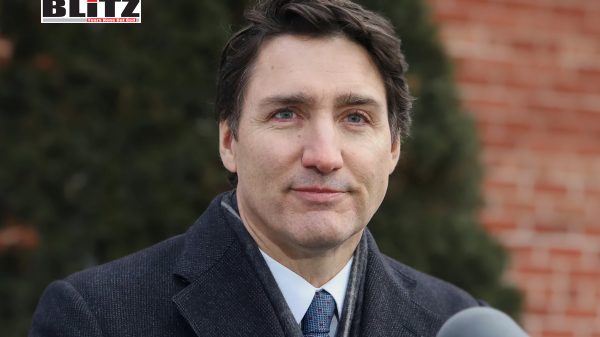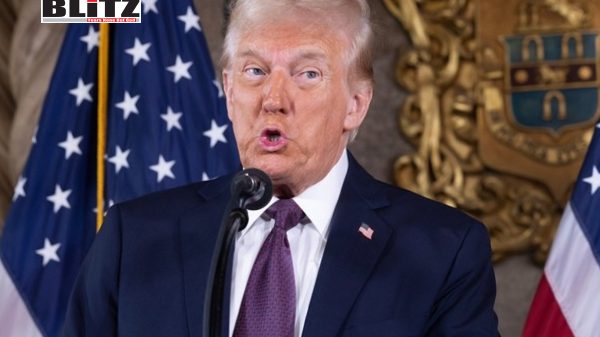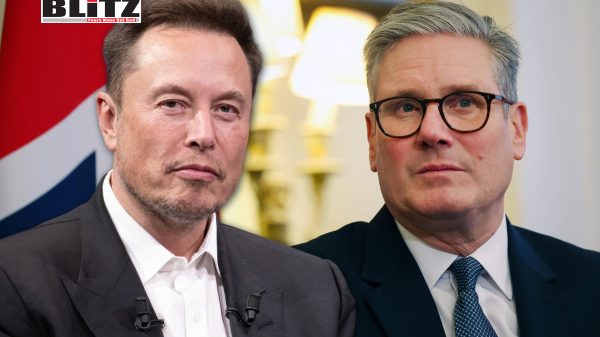India-Russia forge largest ever energy deal with Rosneft
- Update Time : Saturday, December 14, 2024

In a landmark agreement, Russian energy giant Rosneft has signed a deal to supply nearly 500,000 barrels of crude oil per day to India’s private refiner Reliance Industries, Reuters reported on December 12. This ten-year agreement, valued at approximately $13 billion annually, represents the largest energy deal ever struck between Moscow and New Delhi. The move not only underscores the strengthening economic ties between the two nations but also reflects the shifting dynamics of global energy trade in response to geopolitical upheavals.
Under the terms of the agreement, Rosneft will deliver between 20 and 21 Aframax-sized cargoes of various Russian crude grades each month to Reliance’s massive refining complex in Jamnagar, Gujarat. Each Aframax cargo typically holds between 80,000 and 100,000 metric tons of crude. In addition, the deal includes the supply of three cargoes of approximately 100,000 tons of fuel oil monthly. Shipments are set to commence in January 2024, with the deal offering an option for a ten-year extension.
Pricing and volumes will be reviewed annually. For 2024, the majority of the supply will consist of medium-sulfur and diesel-rich Russian Urals crude, priced at a $3 discount per barrel against Dubai quotes. Premiums for light sweet grades like ESPO are pegged at $1.50 per barrel, while Sokol and Siberian Light are priced at approximately $2 and $1 per barrel over Dubai quotes for 2025.
This agreement accounts for half of Rosneft’s seaborne oil exports from Russian ports, amounting to roughly 0.5% of global oil supply. Reliance, a Fortune 500 company and India’s largest private-sector corporation, has declined to comment on the specifics of the deal, citing the confidentiality of its supply agreements. However, it acknowledged that it collaborates with international suppliers, including Russia, based on market conditions.
This historic deal further cements the growing energy partnership between Russia and India. Moscow’s ambassador to India, Denis Alipov, recently revealed that Russia has become India’s largest oil supplier, contributing up to 40% of the country’s total crude imports. Over the past year, deliveries have doubled to $45 billion, making Russia a key player in India’s energy security.
India, the world’s third-largest importer and consumer of oil, has significantly increased its crude purchases from Russia over the last two years. The shift is largely attributed to Moscow’s redirection of energy supplies towards Asia in the wake of Western sanctions imposed following the Ukraine conflict. For India, Russian oil offers a cost-effective alternative as it is often sold at discounts compared to Middle Eastern crude. This allows Indian refiners to enhance profit margins while catering to the country’s growing energy demand.
Reliance Industries, owned by billionaire Mukesh Ambani, operates one of the largest refining complexes in the world at Jamnagar. The facility’s capacity and flexibility make it uniquely suited to process a wide range of crude types, including the heavier and sour grades supplied by Russia. Reliance has been a regular purchaser of Russian crude, sourcing three million barrels monthly through intermediaries in 2023, according to reports. The new agreement formalizes and significantly expands this relationship, positioning Reliance as a key beneficiary of Russia’s pivot to Asian markets.
The deal comes at a time when global energy markets are undergoing significant transformation due to geopolitical tensions and economic realignments. Western sanctions on Russian energy exports have forced Moscow to seek alternative markets in Asia, with India and China emerging as major buyers. For India, the partnership with Russia provides a critical buffer against the volatility of global oil prices and ensures a stable energy supply to fuel its rapidly growing economy.
Moreover, the agreement underscores India’s strategic balancing act in maintaining relations with both the West and Russia. While New Delhi has strong ties with the United States and European nations, it has refrained from joining Western sanctions against Moscow, emphasizing its neutral stance on the Ukraine conflict. India’s focus remains on securing its national interests, particularly in the energy sector, where affordability and reliability are paramount.
The deal’s economic benefits for India are substantial. Access to discounted Russian crude enables Indian refiners to enhance their margins while keeping domestic fuel prices relatively stable. This is particularly important as India’s energy demand continues to rise, driven by industrial growth, urbanization, and increasing vehicle ownership.
However, the environmental implications of the deal cannot be overlooked. Russian Urals crude is medium-sulfur, which poses challenges for emissions compliance. While Reliance’s state-of-the-art refineries are equipped to process such grades efficiently, the broader environmental impact of increased fossil fuel consumption remains a concern, particularly as global efforts to combat climate change intensify.
The Rosneft-Reliance deal is expected to have a ripple effect on the global energy landscape. For Russia, the agreement solidifies its position as a key player in Asia’s energy market, helping to mitigate the impact of Western sanctions. For India, the partnership ensures energy security and strengthens its economic ties with Moscow.
Analysts predict that such long-term agreements could become more common as nations prioritize stable supply chains amidst geopolitical uncertainties. The deal also highlights the growing importance of bilateral trade agreements in reshaping global energy flows. As Western markets increasingly isolate Russian energy, partnerships like this one will play a pivotal role in determining the future trajectory of the global oil trade.
The largest-ever energy deal between Russia and India marks a significant milestone in their bilateral relations, underscoring the shifting dynamics of global energy markets. By securing a long-term supply of discounted Russian crude, India has bolstered its energy security while providing a lifeline to Moscow amid international sanctions. As the two nations deepen their cooperation, the deal serves as a testament to the resilience and adaptability of global trade in the face of geopolitical challenges.
Please follow Blitz on Google News Channel














Leave a Reply